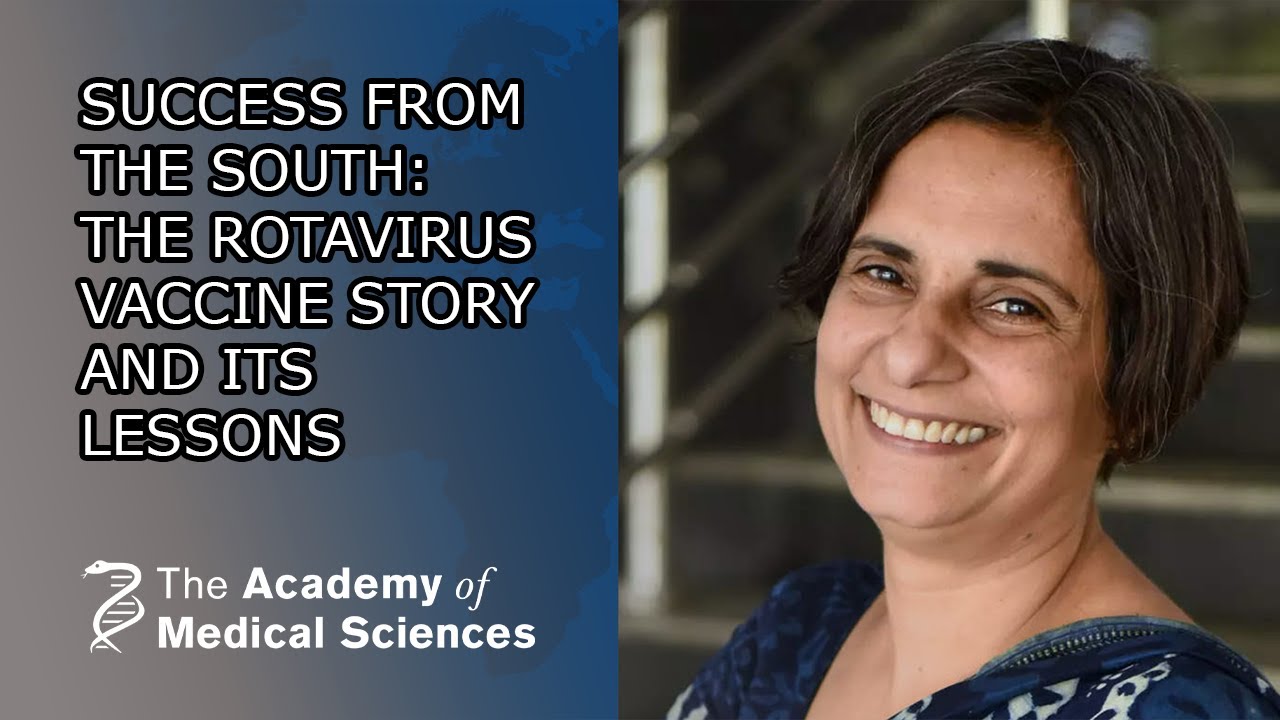Deborah Ashby shares her journey into the difficult problems of how to make medical decisions – using both her expertise in mathematics, and her insights into human decision-making and value.
What is it that you need to know in order to make an informed decision? What exactly does weighing up the evidence involve? When deciding whether or not to take drugs like herceptin for breast cancer, get your children vaccinated, or which contraceptive to take, patients and doctors often weigh up risk in different ways due to the different values placed by people on different aspects of the benefits and downsides. Surprisingly, Deborah discusses how people with a disease are much more willing to accept unpleasant side-effects than people without that illness might think, and what that means for how we make choices over what drugs can and should be made available to patients.
Professor Deborah Ashby OBE FMedSci is Director of the School of Public Health at Imperial College London, and President of the Royal Statistical Society.
Watch more talks from AMSlive:
https://www.youtube.com/playlist?list=PL4ripzZbfIswMZyPl2s3nIb4C8ruGY22Y
This AMSlive talk was filmed on 23 January 2020 at the annual Helix Group reception, hosted by award-winning science journalist, Linda Geddes. Find out more about the Helix Group:
https://acmedsci.ac.uk/about/support-us/helix-group
We are the independent body in the UK representing the diversity of medical science. Our mission is to advance biomedical and health research and its translation into benefits for society.
Find the Academy of Medical Sciences online:
Website: http://acmedsci.ac.uk/
Twitter: http://twitter.com/AcMedSci
Facebook: http://www.facebook.com/acmedsci
Instagram: http://www.instagram.com/acmedsci/
